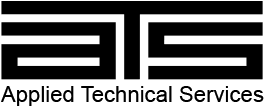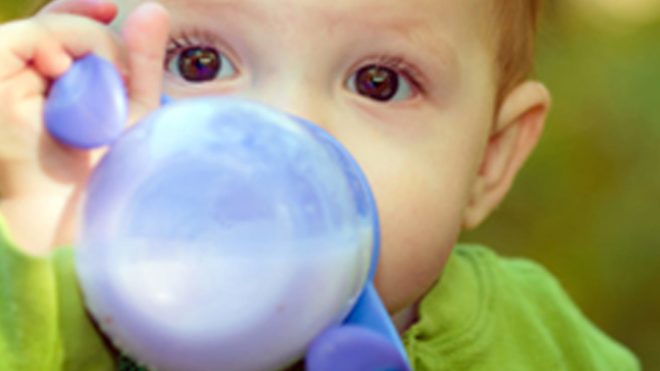BPA Facts And Why It Is Banned
On July 17th, 2012 the Food & Drug Administration (FDA) approved the American Chemistry Council’s (ACC) suggestion to discontinue using polycarbonate resins in baby bottles and sippy cups. Since Bisphenol-A (BPA) is used in the process to make polycarbonate plastic and epoxy resins the approval basically bans BPA in these types of products. Studies have indicated that exposure to BPA can impact consumer health. Even at very low levels, BPA can potentially cause lifelong health problems. BPA is an endocrine disruptor that simulates estrogen in the human body resulting in a potentially wide range of health issues.
Due to several states already banning BPA, most manufacturers have already discontinued its use. Therefore, this ban is unlikely to result in much of a material change for bottles and sippy cups. The following states either have current or pending regulation for BPA use: California, Connecticut, Delaware, New Jersey, New York, Maryland, Missouri, Pennsylvania, Vermont, Washington, Maine, Massachusetts, Minnesota, and Wisconsin.
ATS is currently testing for BPA with a detection limit of 100 parts per trillion (ppt) by Liquid Chromatography Mass-Spectrometer (LC/MS/MS). The LC/MS/MS is a very sensitive instrument that can detect organic compounds at ultra-low levels. The instrumentation is used in a wide range of fields from pharmaceuticals and life sciences to leading edge materials research.
Feel free to contact our lab for additional information regarding testing to meet federal and state regulatory requirements. Our laboratory is accredited by the American Association for Laboratory Accreditation (A2LA), certificate number 1888.01 and 1888.02. Additionally, we are a Consumer Product Safety Commission (CPSC) accredited lab, our laboratory identification number is 1030.

